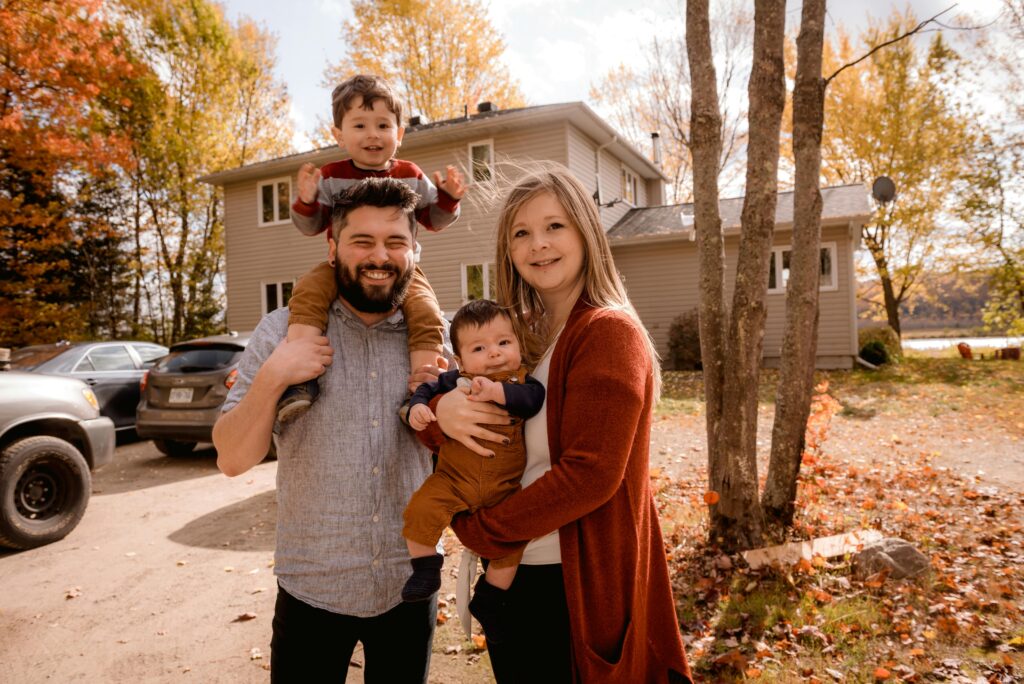Telling Family About Depression: How to Start the Conversation
Talking to your family about depression can feel scary. You might worry they won’t understand or that they’ll judge you. But telling them can also bring support, love, and help. You don’t have to go through this alone. This guide will help you understand how to talk to your family and why it matters.
What Is Depression?
Depression is a disease that affects your mind, mood, and behavior. It’s more than just feeling sad. It can make you feel lonely, angry, tired, or like you want to give up. Sometimes, people with depression also deal with insomnia (trouble sleeping), pain, and even substance abuse.
You may have heard about bipolar disorder or addiction—these are also mental health issues, and they can happen along with depression. Depression is not a sign of weakness. It’s a real problem, and you deserve understanding and support.

Why Telling Family Is Important
Your parent, grandparent, or caregiver might notice you’re acting different. Maybe you don’t eat like before. Maybe your sleep is off. Or maybe your behavior has changed. That’s why talking helps.
Telling your family can:
Help you feel less alone
Give you a safe space to share your feelings
Help your family find ways to support you
Make it easier to get therapy or see a health professional
How to Get Ready to Talk
You may feel scared or full of fear. That’s normal. Here’s how to prepare:
Learn About Depression
Reading research, books, or watching videos can help. Learn how depression works in the brain. It can affect your sleep, mood, and behavior. This isn’t your fault—it’s a disease.
Write Down What You Want to Say
Making a list can help you stay focused. You can say things like:
“I’ve been feeling sad and tired all the time.”
“I don’t know why, but I cry a lot.”
“I think I might have depression, and I need help.”
Choose the Right Time
Try not to talk when people are busy or stressed. Pick a quiet time with your parent, grandparent, or someone you trust. Say, “Can we talk? It’s important.”
What to Say During the Conversation
Be honest and clear. You don’t have to tell every detail. You can say:
“I’ve been feeling different. I’m not happy like I used to be.”
“It’s hard to get out of bed. I think I might have depression.”
“I want to see a school counselor or get therapy.”
You can also bring a book, article, or something from a newsletter or education site. This shows that you’ve done your research.
How Your Family Might React
Not everyone will understand right away. Some may show sympathy and give you a hug. Others may not get it at first. That’s okay.
Some things your family might say:
“Are you just tired?”
“Everyone feels sad sometimes.”
“What can I do to help?”
If they don’t react well, try not to take it personally. They might need time. You can also suggest talking to a health professional together.
Asking for Help
It’s okay to ask for help. You can say:
“Can we find a school counselor?”
“Can we talk to a doctor or someone who helps with depression?”
“I want to feel better. Can you help me?”
Sometimes, doctors give antidepressant medication. This is normal and often helps. Other times, talking to someone helps more.

What If It’s an Emergency?
If you ever feel like you might hurt yourself or feel like you can’t go on, tell someone right away. You can also call or text 988, the suicide prevention hotline. You can talk to someone any time—day or night.
Staying Strong After the Talk
After telling your family, keep the conversation going. Let them know how you’re doing. If you’re getting therapy or taking medication, give them feedback about how it’s going.
Tell them:
If you’re feeling better or worse
If you’re still feeling tired or having trouble sleeping
If you feel more pressure, anger, or stress
Your family can’t fix everything, but they can stand by you.
What to Do If They Don’t Understand
Some families don’t get it right away. If this happens:
Talk to another trusted adult
Go to a school counselor
Ask a teacher or coach for help
Talk to a doctor or health professional
You can also join a support group or sign up for a mental health newsletter to feel more connected.
Tips for Parents and Grandparents
If you’re a parent or grandparent, here’s how you can help your child:
Listen with an open heart
Don’t judge
Ask questions like “How can I support you?”
Be patient
Learn about depression, bipolar disorder, and other mental health topics
Check in often, not just once
Help create a safe space at home
Depression and Physical Health
Did you know depression can affect your body too? It can lead to:
Hypertension (high blood pressure)
Trouble sleeping (insomnia)
Changes in appetite
Tiredness or lack of energy
That’s why it’s so important to treat depression like any other health issue.
Staying on Track With Support
Once your family knows, you can:
Set up therapy sessions
Visit a doctor about medication
Get support at school
Take breaks when you feel too much pressure
Learn new ways to handle stress, anger, and emotions
You’re not alone. There are people ready to help.
When to Ask for More Help
If you’re still feeling really bad or if your family doesn’t listen, go further:
Ask your doctor to connect you with a mental health professional
Call 988 for emergency help
Visit a clinic for mental health support
Talk to a friend, coach, or trusted adult
You Deserve to Feel Better
Depression is real. It’s not your fault. Talking to your family is one step toward healing. You are strong for speaking up. You deserve love, support, and care. You’re not alone—help is here.

FAQs
What if my family doesn’t believe me?
It’s hard when someone doesn’t believe your feelings. Try writing down how you feel. Show them articles or data about depression. You can also talk to a school counselor or a health professional who can help explain it.
Can I get therapy without my parents?
If you’re under 18, it depends on where you live. In some places, you can see a school counselor or get help without parent permission. Ask a teacher or check your school’s rules.
What is 988?
988 is a suicide prevention and mental health crisis number. You can call or text anytime for help. It’s free and private.
Will I need to take medication?
Some people take antidepressant medication. Others use therapy or both. Your doctor will decide what’s best based on your feelings, sleep, and other symptoms. Every patient is different.
What if I’m also dealing with addiction?
Depression and substance abuse sometimes go together. That’s okay. A health professional can help with both. There are programs that focus on addiction, therapy, and getting better safely.
Visit SAMHSA or contact us today for more information.





